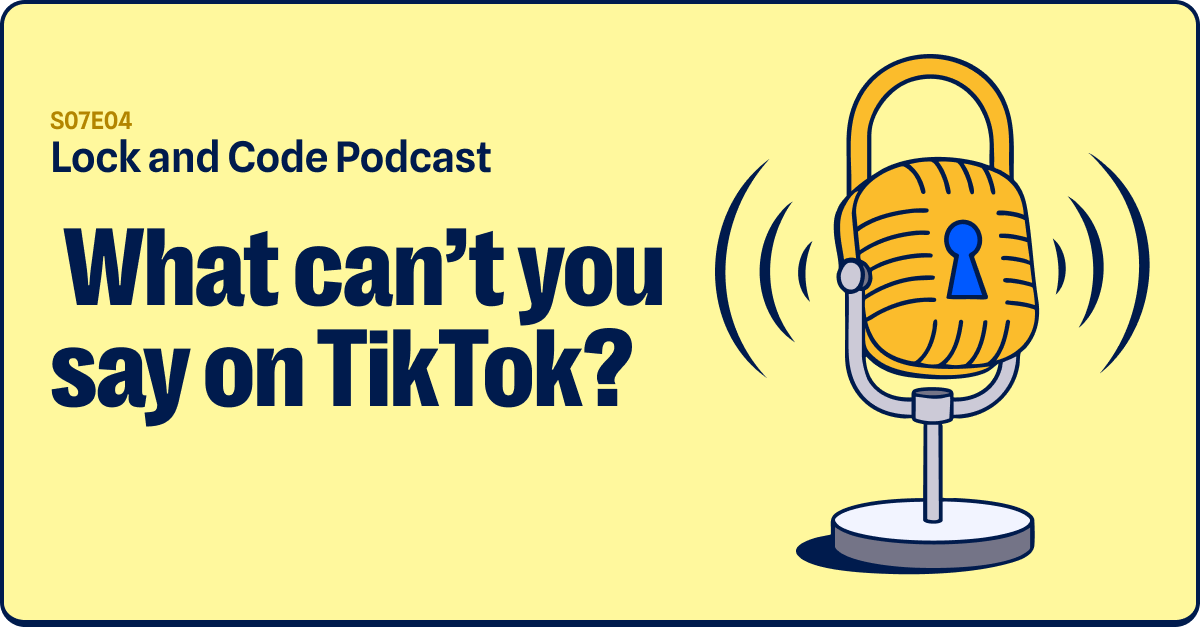A European privacy watchdog has filed a complaint against Mozilla for quietly enabling Privacy Preserving Attribution (PPA) in its Firefox browser.
Noyb (none of your business) argues that despite its reassuring name, the feature allows the browser to track your online behavior. By design, Privacy Preserving attribution shifts the tracking from the websites to the browser.
With this shift it seems that Mozilla is following Google’s example. Google is focusing on Privacy Sandbox to replace the despised third party tracking cookies. This also puts the browser (Chrome and Chromium based) in charge of the tracking.
The problem noyb has with PPA is not so much the tracking which is less invasive than what we are used to, but the fact that it was introduced without giving users a chance to think about it. Mozilla simply turned it on by default after a recent update, which noyb says is disappointing coming from a company that is supposed to be privacy friendly.
And, even though the Firefox PPA offers more privacy than third-party cookies, noyb says this move means that Mozilla is caving in to advertisers.
Felix Mikolasch, data protection lawyer at noyb, said:
“Mozilla has just bought into the narrative that the advertising industry has a right to track users by turning Firefox into an ad measurement tool.”
Mozilla says that PPA allows advertisers to measure the effectiveness of their advertising without compromising the user’s privacy. Admittedly the user’s benefit indirectly, as the sites they visit are often supported by advertising. Making advertising better also makes it possible for more sites to function using the support that advertising provides.
The costs of getting rid of third-party cookies by using PPA are small, Mozilla says:
- CPU, network, and battery costs for generating and submitting reports. Here, this cost is negligible, particularly relative to what sites are already able to use. This design could replace some of those costs, which might lead to improvements in some cases.
- Privacy loss from use of their information. Attribution information will be aggregated and will include noise that protects the contribution that each person makes. This design is structured so that advertisers learn about what many people do as a group, not what any single person does.
If this is the price we must pay to get rid of third-party cookies and some degree of targeted advertising, is that worth it to you? Let us know in the comments.
Noyb has asked the Austrian data protection authority (DSB) to investigate Mozilla’s behavior. They say Mozilla should properly inform everyone about Firefox’s data processing activities and effectively switch to an opt-in system, as well as delete all unlawfully processed data.
How can I disable PPA?
If you want to disable PPA, this is what you need to do:
- Click the menu button and select Settings.
- In the Privacy & Security panel, find the Website Advertising Preferences section.
- Uncheck the box labeled Allow websites to perform privacy-preserving ad measurement.
Protection, in the browser
Malwarebytes’ free Browser Guard extension can help you block ads and other unwanted content in Firefox.











